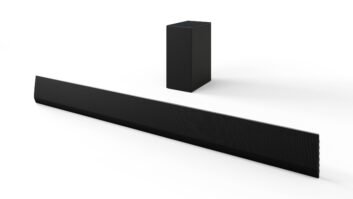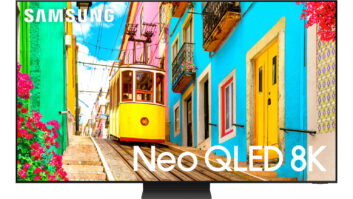
A bipartisan bill has been introduced to make sure that Chinese telecom ZTE complies with all the conditions of the Trump administration’s deal to lift its previously imposed seven-year ban on export of U.S. components to the company.
ZTE tech includes everything from phones, tablets and smart watches to mobile hot spots, broadband routers, switchers and servers.
The ZTE Enforcement Review and Oversight (ZERO) Act would also mandate that “if the Commerce Secretary cannot regularly certify ZTE’s full compliance with the deal and with relevant U.S. export controls and sanctions laws, the denial order’s crippling punishments will be reinstated against ZTE.”
See also: Trump Administration Levying $200 Billion In China Tariffs
The conditions for lifting the ban included what the President characterized as “high level security guarantees, change of management and board, an actual requirement to purchase U.S. parts, and a $1.3 billion fine.”
The initial ban was issued when ZTE was found not to have complied with a U.S. sanction agreement.
Commerce Department officials had concluded ZTE violated the terms of its settlement agreement with the U.S. over illegally shipping telecom equipment to Iran and North Korea and declared that U.S. companies would be prohibited from exporting technology to ZTE. That move resulted in ZTE essentially shuttering and calling the U.S. move unfair.
The Chinese government then tried to get the President to help ZTE, saying it could cost Chinese Jobs. The President agreed to lift the ban, but said it was with strong conditions, which are the ones the senators want to make sure are complied with this time around.
Spearheading the legislative effort are Sens. Marco Rubio (R-Fla.) and Chris Van Hollen (D-Md.), joined by Sens. Susan Collins (R-Me.), Mark Warner (D-Va.), James Lankford (R-Okla.) and Elizabeth Warren (D-Mass.).
Rubio was an early and frequent critic of the decision to lift the ban. “With China’s communist government posing the greatest, long-term threat to the United States, we must continue to confront ZTE’s real risks to our economy and national security,” he said. “While it was a mistake to reach a ‘deal’ with ZTE in the first place, this bill will ensure ZTE is finally put out of business if it does not hold up its end of the bargain.”
Sen. Warner was no fan either of what he called the Trump administration’s “cave” to China.
“ZTE has a history of violating U.S. sanctions and misleading the U.S. government,” said Warner. “Unfortunately this administration has shown that it cannot be trusted to defend American interests and punish companies like ZTE that pose a threat to our security. This bipartisan legislation would ensure that if ZTE once again violates trade restrictions or its agreement with the U.S. it will be held accountable in a significant, painful way.” Warner is vice chair of the Senate Select Committee on Intelligence.













